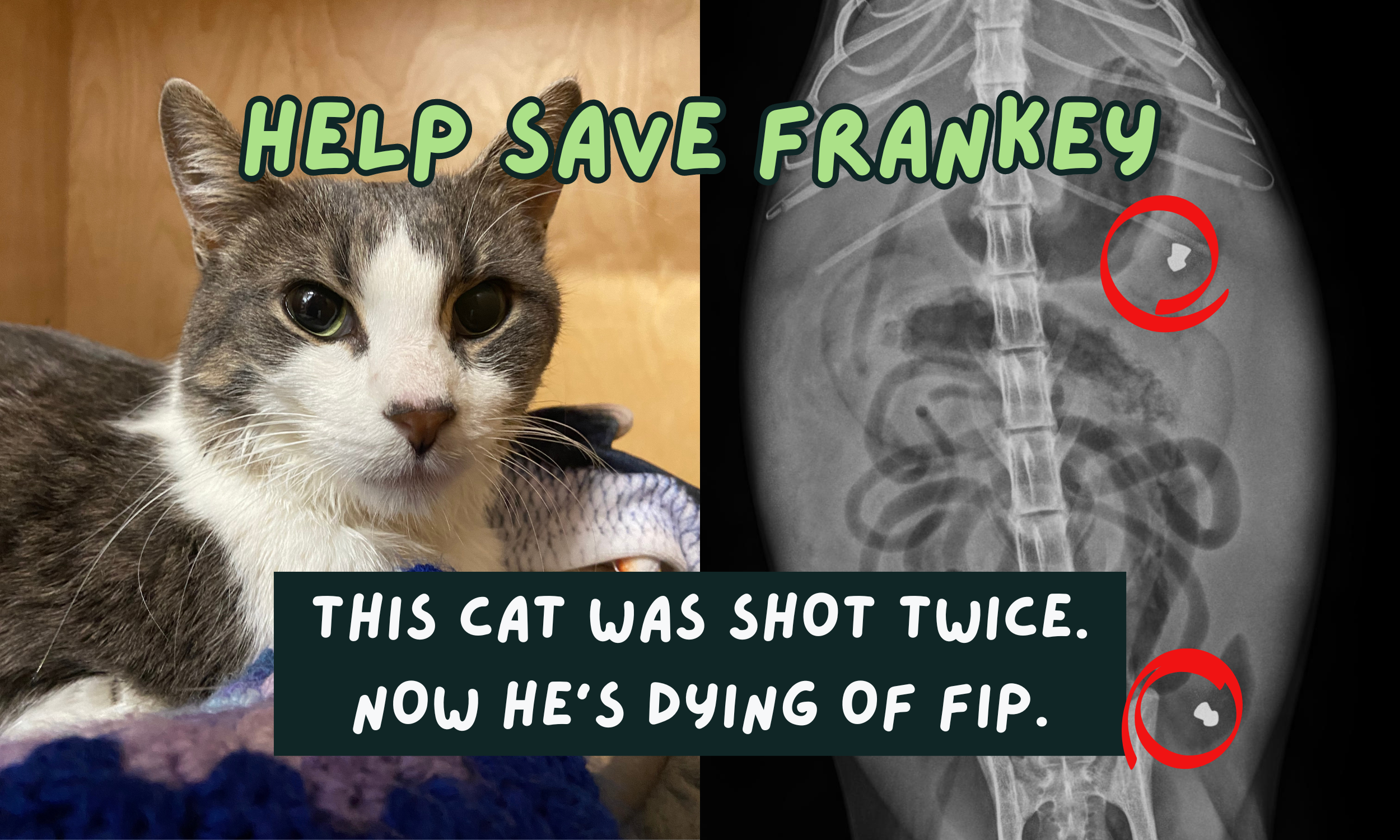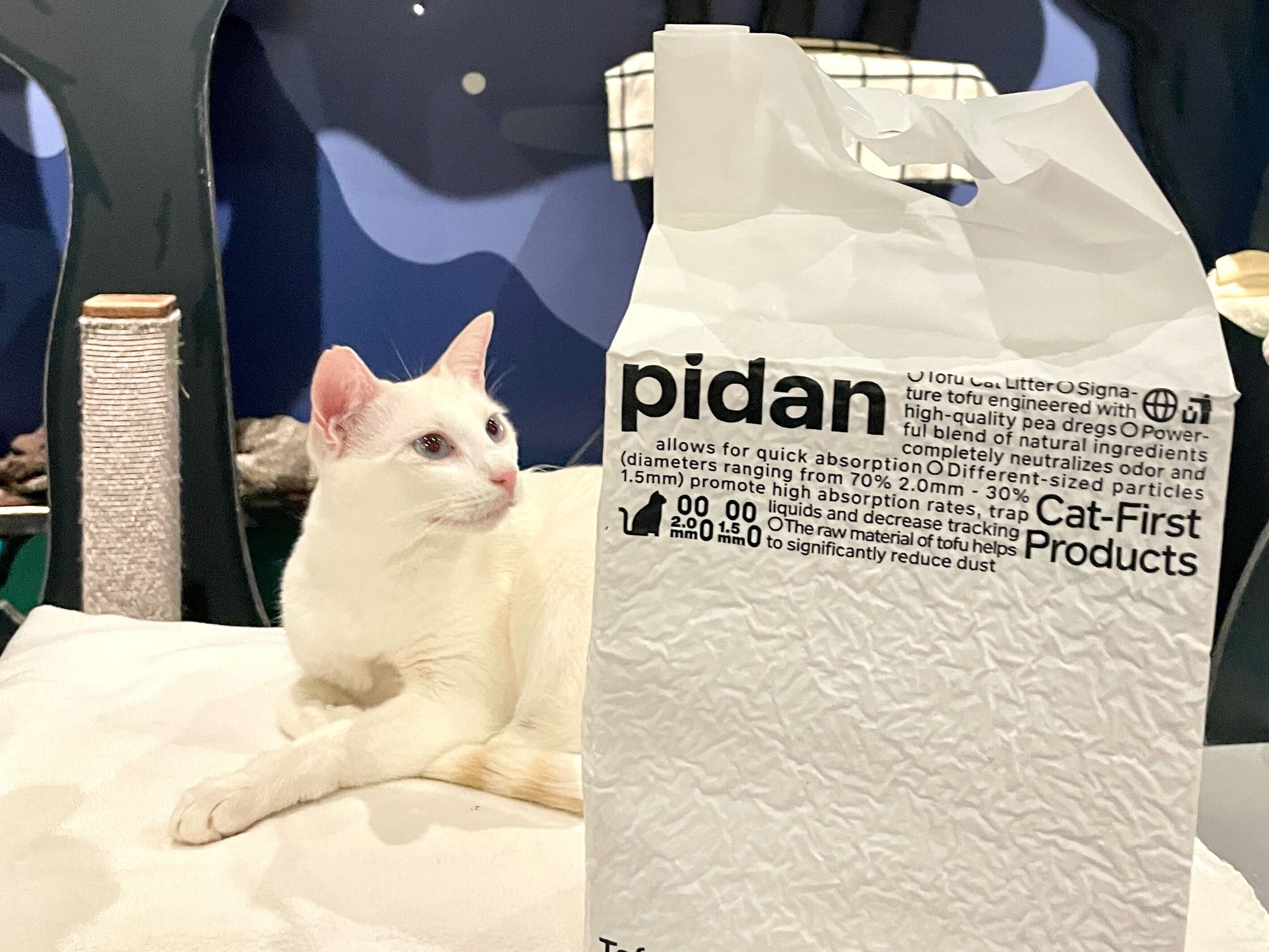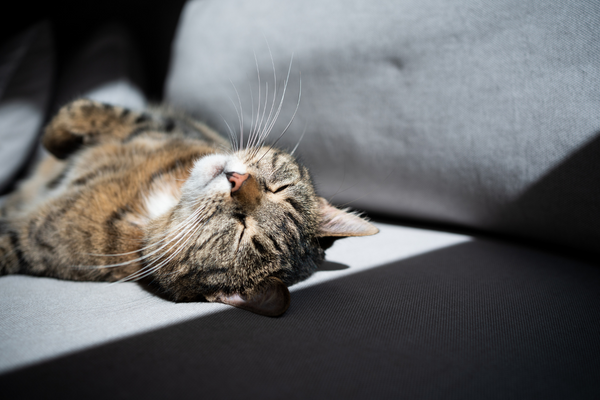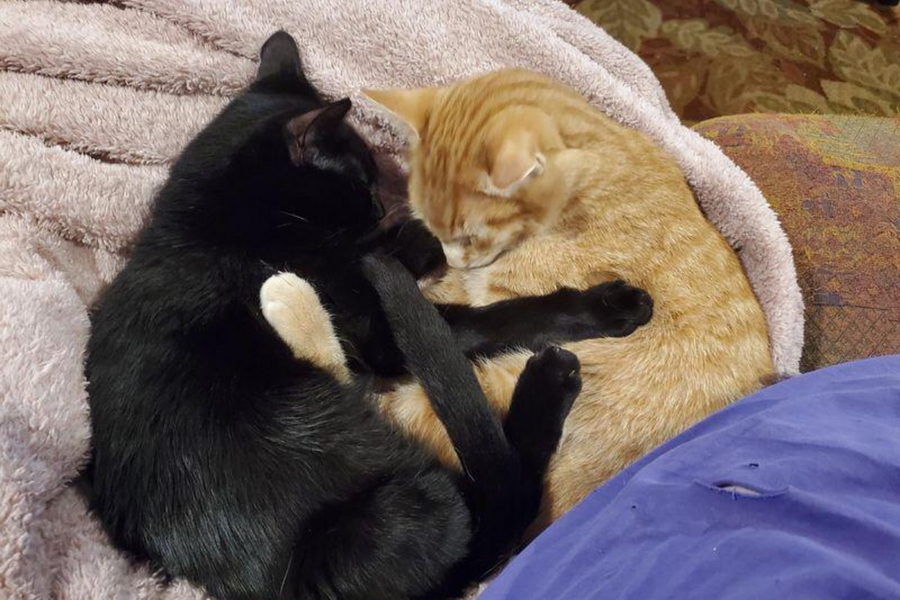Pancake, Pet Expo, Abbotsford
When you hear cat cafe, there could be a medley of thoughts that come to mind. Are there live cats? Can you adopt the cats? Do the cats drink coffee? Is this a Japanese thing?
Yes, there are live cats.
Yes, you can adopt the cats.
No, they do not drink coffee, although I’m sure they would love a latte.
Not Japanese, originally Taiwanese, but popularized by Japan and their love for themed cafes.
Now familiarized with cat cafes, questions that may come to mind tend to follow the thread of; are cat cafes ethical? Are the cats properly cared for? Where do the cats come from? Are the cats truly happy?
After opening on July 29th, 2019, Catoro Cafe has run into an array of difficulties, challenges, and lessons learned. The four owners set out to open a business with strong community impact, not only to tackle the growing feline overpopulation in Canada but also to support those in need of mental health support and wellness. Partnered with a non-for-profit animal rescue called Cat Therapy and Rescue Society, our mission at Catoro is to shelter cats at risk of being euthanized, cats with disabilities, surrendered cats, and cats rescued from unfortunate circumstances.
It was important to us that we be transparent with our adopters, guests, and the loyal followers we have accumulated for the last 7 months. Therefore, in this blog we will review with everyone our care practices, back rooms, care standards, and new implementations.
Catoro Cafe has had its share of mistakes made and new-business hiccups, but we are always thriving to improve and listen to our guests/staff concerns on how we can improve our business.
Here is a private look-see into Catoro Cafe.
-

Gracie, Catoro Cafe
“ About 73 percent of animal shelters included in the study were running at capacity in 2017 — and there are twice as many cats being admitted than dogs. This poses a serious risk for felines, who the study explains tend to fall ill faster in overcrowded situations.”Canada’s Cat Overpopulation Problem is Hurting Animals — But There Are Fixes, published on 12/28/2017, and written by Maham Abedi for Global News.

Photo by Jerry Wang on Unsplash
Abedi covers the dangers of this overpopulation crisis towards not only felines but other stray animals in Canada. She highlights a study conducted by the Canadian Federation Of Humane Societies in 2016, where they researched the growth and decline of sheltered cats and its connection to the increased practice of spaying and neutering.
Fortunately, the number of cats euthanized due to overcrowded shelters has reduced to 18% from the previous 40% in the past five years according to Human Society.
However, there is still an overwhelming amount of cats brought into these shelters and abandoned by their adoptive parents. There are a recorded 37% of cats brought into shelters from the streets and 26% of sheltered cats returned by their owners due to reported housing issues, too much responsibility, and financial problems.
In 2016, there was an overwhelming 20,735 cats euthanized due to overcrowding in Canada — which is why shelter concepts like cat cafes are so important.
We operate as not only a leisurely area to enjoy beverages and cuddle some cats, but also as a shelter/adoption centre to cats rescued by Cat Therapy and Rescue Society. Our mission has always been to care for the cats and put their safety as our top priority. Our ultimate goal being to find them loving homes after their stay with us.
 Little Wunder and our Volunteer, Catoro Cafe
Little Wunder and our Volunteer, Catoro Cafe
-
Within the last 7 months, we have adopted out 241 cats up to date. Which means we’ve had close to 300 cats come into our front doors and under our care. We wanted to show everyone our care practices and what goes on beyond the bubble tea, cat toys, and enchanting leisurely area.

Gracie, Catoro Cafe
Welcome to our cat care room!
Here, we have kennels and quarantine rooms for our cats who may get sick or catch a cold every now and then! Each quarantine room has their own separate ventilation system which stops the spread of air-born illnesses or any sharing of saliva and other fluids between cats. These quarantine rooms are also used for monitoring cats as well as helping transition our more anxious felines into their new environment. In a high density shelter like ours, cats can unfortunately get common colds, runny poops, and the odd eye infection from sharing so many toys and blankets.




We keep updated charts of each quarantined cat’s health to ensure there aren’t any drastic changes in weight, eating habits, or mood and that they are taking their recommended dose of medication if needed.
Although we would love to rescue and shelter as many cats as we can, as stated previously, overcrowding poses a huge risk to the animal’s health and well-being. Overcrowding can cause illnesses to spread very quickly and for them to worsen without the caretaker’s knowledge.
Admittedly, we had a small period where we had more cats than our staff could handle. We didn’t feel like the cats were receiving the best care and individual attention they deserved and we have since changed the limit for our max capacity. We went from allowing 50 cats into our care to 30 being our max capacity. We are allowing small overlaps from time to time closer to our adoption days, but we have committed to keeping this number as is.
Although our intentions were directed towards finding as many homes as possible for these sweet cats, it came to a point where our acceptance of this large number of rescues defeated our initial purpose as animal lovers and dedicated caretakers. It wasn’t fair to the cats or the staff.

Alex the tabby and Alex the human!
When it comes to monitoring our cats’s health, we have also made improvements. We will be implementing more regular vet check ups to ensure cats are ready to go to their new homes before the suggested first week at-home appointment we recommend to our adopters.
In terms of daily care and maintenance, we have many practices that we follow and continue since opening. Simple tasks like, nail clipping, ear cleaning, combing (de-shedding), bathing, scheduled feeding times, feeding grain-free wet and dry food, weight check-ins every two weeks, regular deworming, updating our daily log of cat health and changes, and having a vet tech on our team of cat attendants.

[Left to right] Tim, Possum, and Simba, Catoro Cafe
When the rescue cats are brought into the cafe, they are all blood tested for FIV, FeLV, deworming, flea removal, vaccinated, and are spayed and neutered before their arrival. Some even have some dental work done. We do this to keep it a priority that your cats at home are just as safe and free of any potential illnesses. However as a word of caution, despite our best efforts to care for and treat each cat, we ultimately will never know the full extent of the medical history and health of each cat. In comparison with a rescue shelter, our cats already need to undergo extra treatments and check-ups since they are to be in a high-density population rather than in isolated kennels. We have to advise all potential adopters that adopting a rescue cat is not the same as getting a cat from a breeder. There are risks that come along with caring for these cats, as we save many from last chance situations where they otherwise would have faced euthanasia. Our adoption process outlines this clearly and we give a set period of time in the beginning of each adoption for each cat to be vet checked and brought back if there is any underlying issues that were not found at the time of adoption.
-

Staff Christmas Party, Catoro Cafe
Everyday, our staff work tirelessly to ensure the cats are healthy, loved, and sent to lasting and caring homes that we can trust will treat them as one of their own. We hope for change and growth as our business continues to flourish with years to come. Thank you for everyone’s ongoing support!
If you ever have any concerns or want to let us know how we are doing, feel free to fill out our Catoro Cares Survey! (https://catorocafe.com/pages/catoro-cares) or let one of our supervisors/management team know!
- Léah Michaud






